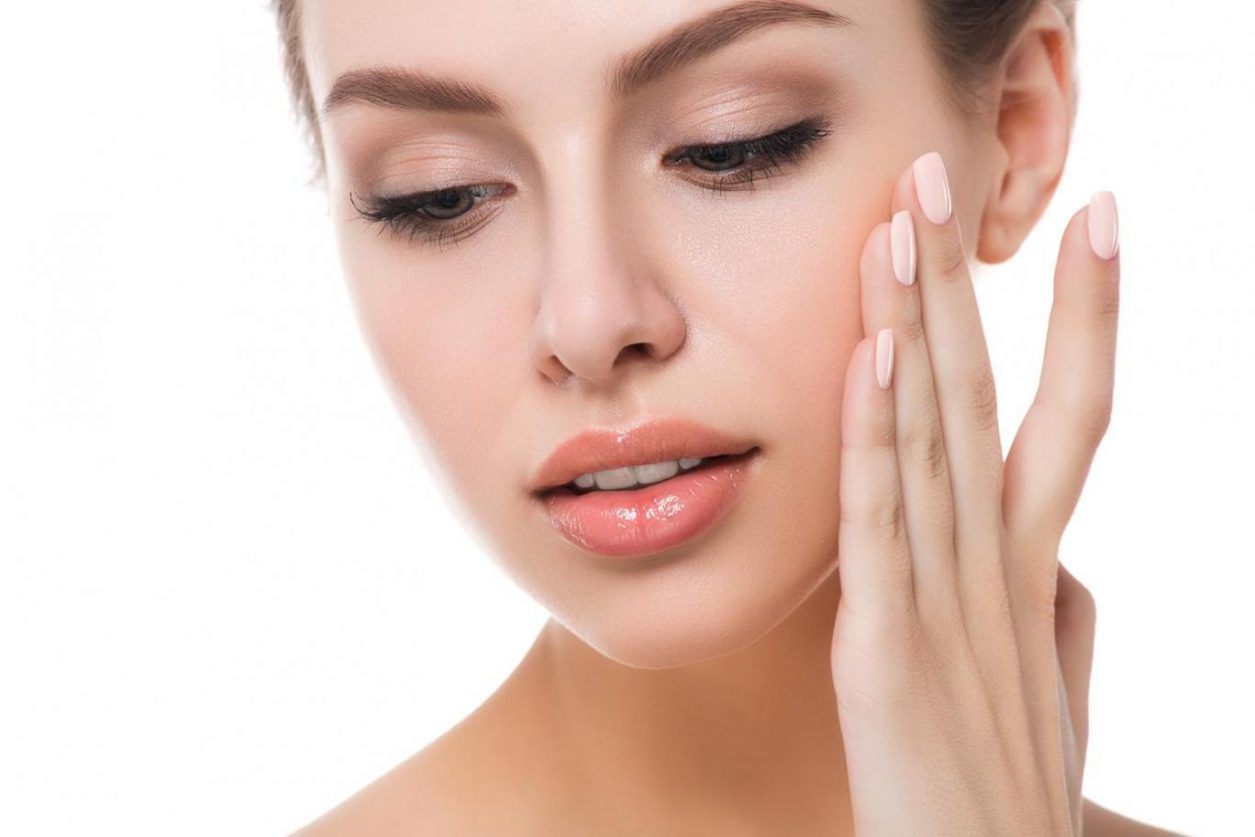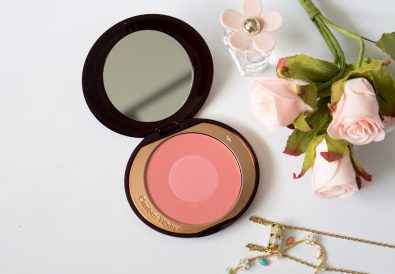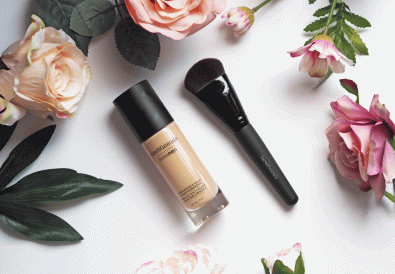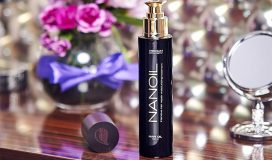Hello!
Frost, snow, wind, low temperatures. Indeed, this is what your sensitive skin doesn’t like. Whether you want that or not, you must do your best to help your dermis survive the winter. Thanks to this article I’ll give you a few pieces of advice on how to take care of sensitive skin and how to stand your ground against this winter aura.
Sensitive skin – How is it?
The good news is that sensitive skin doesn’t have to be always irritated or reddened. In fact, this definition is connected with various kinds of cosmetics and external factors including particular reactions linked to this. Mostly, sensitive skin is influenced by: cosmetics applied for the first time, invasive beauty treatments, coarse body scrubs, either high or low temperatures, dry air, UV radiation and urban pollution.
How to take care of sensitive skin in winter?
- Avoid irritating agents: urea, ethyl alcohol and cosmetics containing hydracids. Therefore, develop the habit of reading labels while you buy beauty products. The best solution is doing such shopping at a pharmacy’s. Not only will you buy a safer product but additionally you may ask for advice an experienced person.
- Use products containing UV filter. In this way you will protect skin against all types of light. Basically, you can also make a good use of sunglasses or special foil that is to be put on windows. Finally, remember to choose the cosmetics containing mineral filters because these are way better tolerated by skin.
- Take care of regenerating sensitive skin at night. Use cosmetics which are characterized by their rich composition, the ones that contain regenerating and anti-inflammatory substances. Go for products featuring allantoin, panthenol, algae extract, hollyhocks extract or licorice root extract. Moreover, positive effects are also brought out by cosmetics including omega 6 acids, evening-primroses oil, black currant oil or borage oil.
- Sensitive skin designed for sensitive skin should have soothing, moisturising and regenerating features. In other words, such products must be able to restore skin’s protective lipid barrier, deliver anti-inflammatory action and facilitate skin cell self-renewal processes. However, if your skin is very sensitive, perhaps you should see your doctor to make sure you don’t cause harm to your skin.
How about you, Girls? How do you take care of your skin?
















Leave a Reply